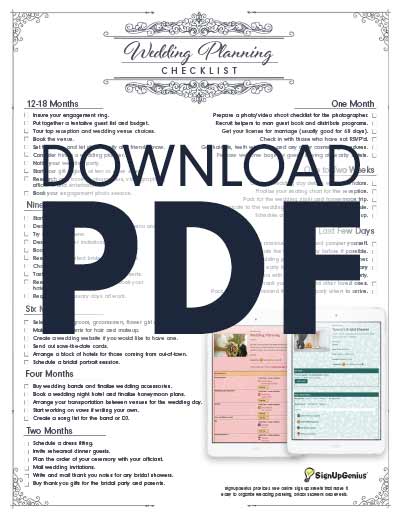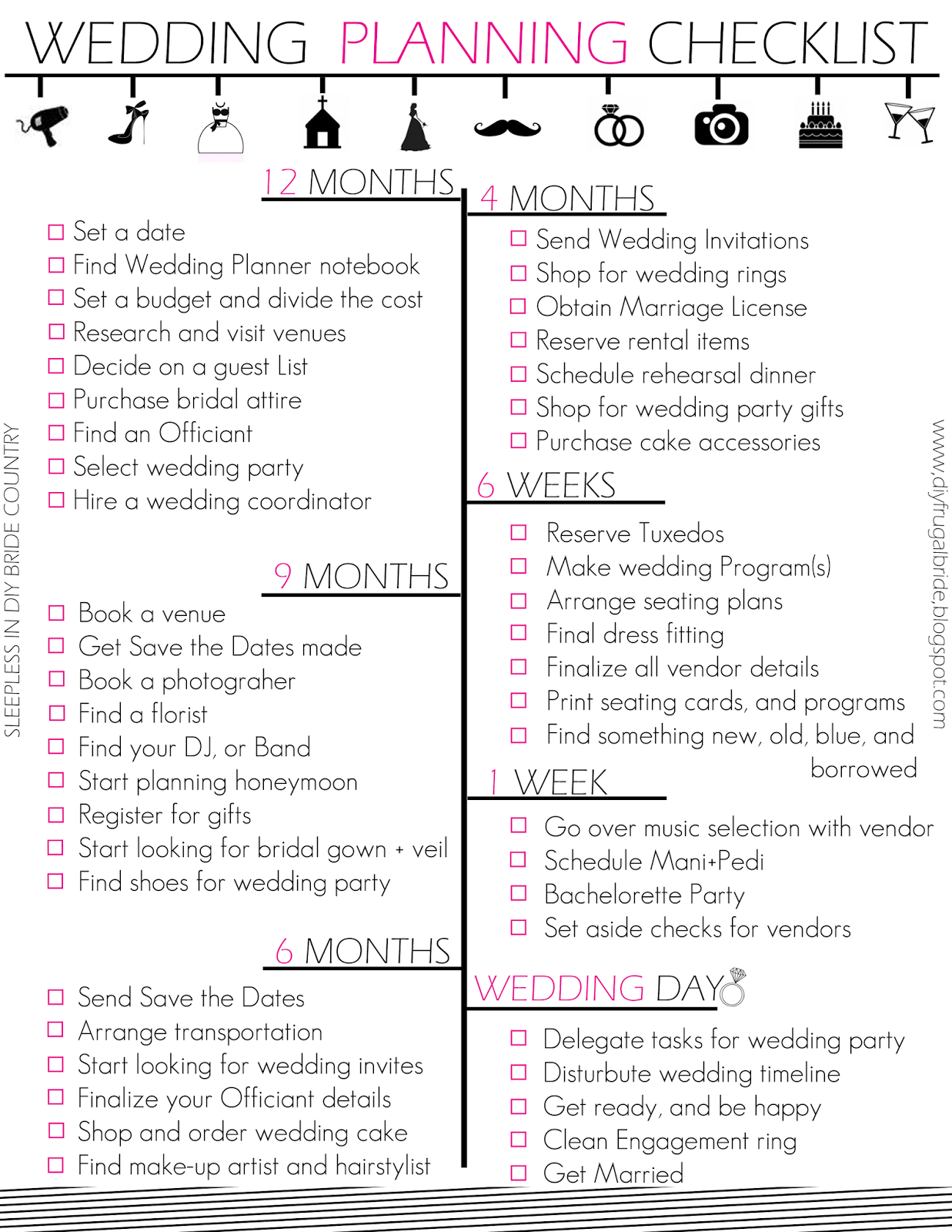

Return times also vary, from six weeks to two months. There is a small donation fee, which varies from diocese to diocese. Some of the information that will be requested is the date of your ceremony and where it will take place, the phone number and address of the priest presiding over your wedding, and so on. They will send you an application to fill out and return to either the diocese or directly to an address in Rome (noted on the application). If you are marrying in a Roman Catholic Church and wish to receive a Papal Blessing, contact the chancery office of your local diocese.Book a rehearsal-dinner site and finalize your guest list.Consider ceremony and reception decoration needs, such as an aisle runner, flowers, wineglasses, and candles.Most churches allow two family members to read biblical passages during the ceremony. Decide who will be part of the ceremony.Find out if the church provides performers. "Ave Maria" is traditionally sung at Roman Catholic weddings.

Choose ceremonial music and musicians.You may want to order pew cards to ensure close family and friends are seated in the first few rows of the church. Consult with your stationer about invitations, programs, and place cards.Make arrangements with your church if you or other bridal party members want to participate in morning Mass and receive communion before the wedding.Make sure they understand what's involved. The Catholic Church prefers that both the best man and the maid of honor be Catholic (although only one must be). Also, inquire into any other rules specific to your ceremony site like no aisle runners or tossing items allowed. Ask your priest about dress requirements, such as covering one's shoulders for the bride.Begin Pre-Cana, the premarital preparation program required by the Church.Your priest may want to help you to choose readings and blessings for the ceremony. Meet with your officiant to discuss ceremony structure and marriage requirements.The process can be long and complicated, so if either one of you needs an annulment, start the paperwork now. If you're marrying in a Roman Catholic Church, you cannot remarry without an annulment if your first spouse is still alive.If either you or your mate isn't Catholic, ask your priest about intermarriage requirements and possible conversion.Some churches require proof of communion and confirmation as well.

You may have to show your baptismal certificate.

Formal weddings are often held at noon, during High Mass, when a choir is available. Depending on your church, there may be times of year, or even times of the day, which are off-limits. Pick wedding date and time preferences.Should it be long and symbolic? Short and sweet? Do you want to include all the wedding ceremony traditions or just the highlights? Begin to envision your wedding ceremony.A Timeline for Preparing for Your Church Wedding Ceremony 12+ Months Before


 0 kommentar(er)
0 kommentar(er)
